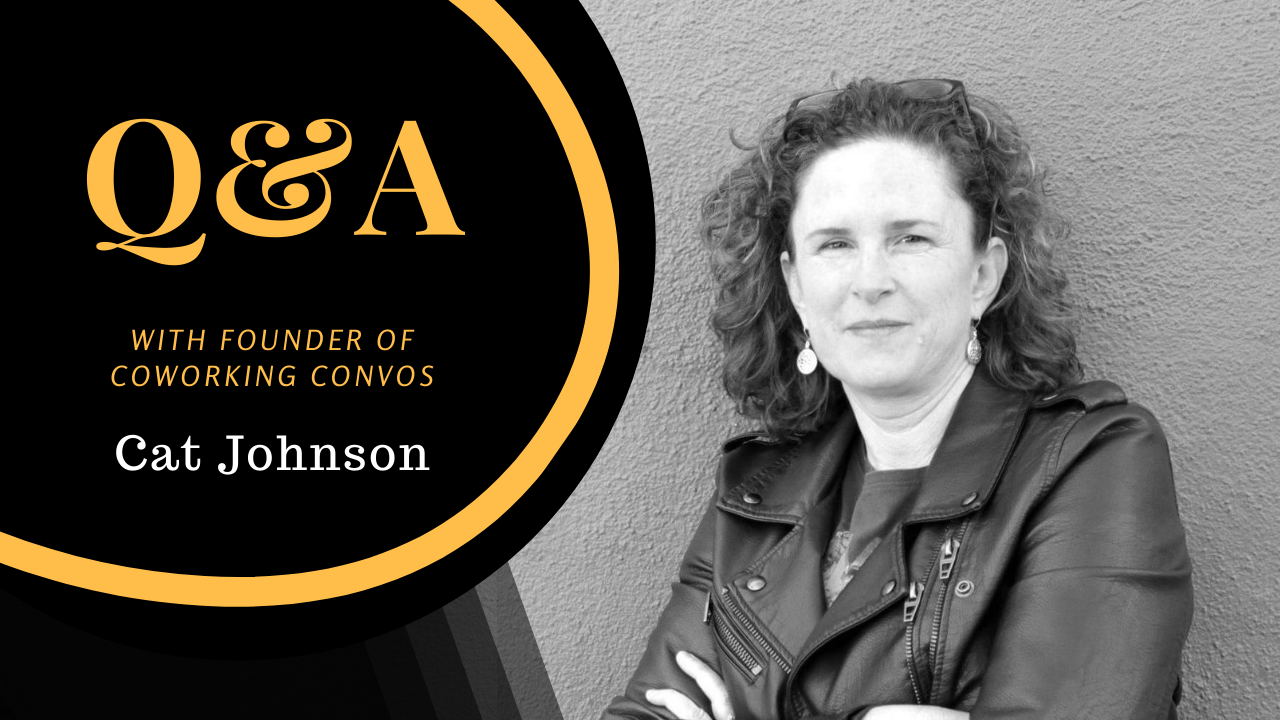- The annual BCA Conference and Exhibition will take place this 14th of May in London.
- This year’s conference theme is “Tomorrow’s World: The Future of Technology, Innovation, and Space”.
- Ahead of her BCA presentation, Julie Grieve talks about the advancements in hospitality technology and the flexible workspace sector can learn from it.
On Tuesday, May 14th, 2019, the annual BCA Conference & Exhibition will once again return to London.
It’s a major event in the UK flexible workspace calendar, bringing together industry operators, suppliers and occupiers from all over the country for a packed day of information and insights. This year the Conference marks its 29th anniversary and will be the first under the new directorship of Jane Sartin, Executive Director of the BCA, who succeeded Jennifer Brooke in 2018.
Each year the Conference follows a particular theme, with 2019 being “Tomorrow’s World: The Future of Technology, Innovation and Space.”
Technology has been shaping and influencing the flexible workspace sector since the very beginning. One of the presentations at the event is “Blurred Lines in Technology: what does the client really want from technology in a serviced office or coworking space?” presented by Julie Grieve, founder and CEO of technology services provider Criton.
Julie was the former Managing Director at Abbey Business Centres and has extensive experience across flexible workspace, hospitality and technology; with that mind and ahead of BCA Conference later this month, Allwork.Space caught up with Julie to get her take on advancements in hospitality technology and what our sector can learn from it.
Allwork.Space: Tell me a little about your company, Criton, and how it relates to the flexible workspace industry.
Julie Grieve: Having sold Abbey Business Centres to Regus in 2011, I moved into hospitality and set up a luxury serviced apartment business. That’s where I had the idea for Criton.
Criton is a digital guestbook, allowing hotel guests to have access to all the information they need pre, during and post stay on their own phone. It also pulls all guest-facing technology into the app making it easier for guests to engage and spend more!
Having an app means hotels don’t need to keep printing out their in-room directory and that’s one of the areas where I see Criton being useful for flexible workspace. When clients move in we often give them paper welcome packs or send them an email. Using Criton allows operators to communicate with each of their clients and create an app which is always up to date and useful for all their clients. It’s a great way to build a community in your workspace.
Allwork.Space: Increasingly the worlds of flexible workspace and hospitality are crossing over. Do you expect to see more of this in the future?
Our industries have a similar ethos and aspirations. What I found fantastic about hospitality was the immediacy of it and the impact you can have on a guest’s stay with great service and excellent hospitality. The flexible workspace industry can help SMEs thrive and create a supportive environment for these businesses to prosper.
And of course the way we work is changing, which is why we see the integration and collaboration of coworking space and serviced apartments. Working from your kitchen table is lonely, people want to be part of a community and that’s where our sector comes in.
Allwork.Space: How is hospitality-style technology enabling the workspace sector to better service its clients and members?
Technology has come on in leaps and bounds for our sector, particularly in telephony and internet. But there is still a long way to go before operators can truly provide a seamless experience.
In the hospitality industry it’s been key to offer real time availability and yet this is an initiative we couldn’t get off the ground in my day. I think this will become crucial in the coworking sector, to ensure that clients don’t turn up to a location that cannot accommodate their requirements.
Allwork.Space: Given the vast range of flexible workspaces on the market and the differing requirements of their clients, how can technology providers fulfil the needs of industry operators?
One of the main benefits of technology nowadays is that it’s being developed in the cloud and therefore deployment and updates are much easier. This should mean that there’s no reason why smaller businesses can’t have access to the same tech as larger clients.
However in reality larger clients often request more complexity from their tech, and so as a provider it is common to gravitate to one particular segment. The most important thing for me is that technology companies fully understand what the operator’s pain point is and what they are trying to achieve, and then apply their technology to solve that problem.
Allwork.Space: Looking ahead, how do you think technology will service the needs of the flexible workspace sector? What types of automation do you expect to see?
Technology should allow operators to do more with the same amount of staff, or the same with less staff. It should drive operational efficiencies and that’s where I think we will see more automation around service requests and fulfillment. Clients want more, and faster technology will help operators fulfill their demands.
Hear more from Julie Grieve at BCA Conference on Tuesday 14th May 2019.

















